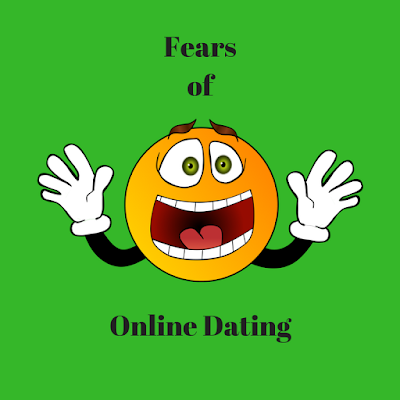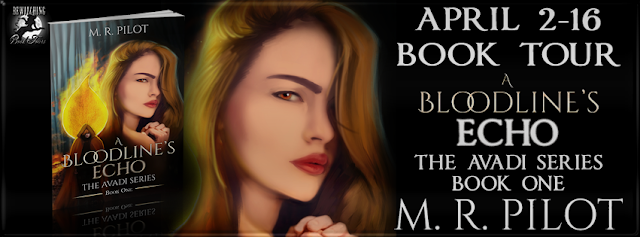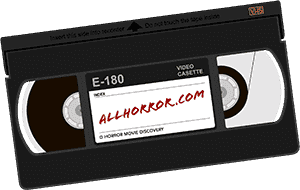 |
| Amazon |
When did you become interested in storytelling?
Years ago, I was working on a book of interviews. People answered questions eagerly but when I came to edit the transcripts it became clear that, although they were telling a story, it was buried in what they said. When we talk, we don’t formulate a beginning, a middle, and an end. We start with what we feel is the most important point and then usually we go to the end and then backtrack to fill in details and often end with the beginning. But no matter how we tell it, it’s all stories. This experience gave me a crash course in shaping narrative.
Stories are how we understand ourselves and everything around us. People who are unable to form a narrative cannot function in our world. In the branch of psychotherapy called narrative therapy, therapists found that, in dealing with people who had been through terrible ordeals including war, torture, or great loss, the patient who could form a narrative, who could tell a story about what happened and why it happened, might recover and go on. Those who couldn’t do that remained in a state of disfunction.
Ursula Le Guin said, “Stories held in common make and remake the world we inhabit. The story we agree to tell about what a child is or who the bad guys are or what a woman wants will shape our thinking and our actions, whether we call that story a myth or a movie or a speech in Congress.”
I believe this to be true.
What was your first book/story published?
When I was 11 years old, a Bay Area newspaper held a contest for kids to find the best essay about, you guessed it, “What I Did on My Summer Vacation.” Mine was one of the three winners and our essays were published in the paper. Does that count?
What inspired you to write Threshold?
A few years ago I was researching a project on the environment and I read through many of the important nonfiction books on the subject of climate change and related problems mounting in the natural world. It’s heavy stuff and it occurred to me that approaching these issues from another angle, in an imaginative and entertaining manner, could be a good idea. I wanted to write something … different. As I worked on Threshold, it became differenter and differenter. Then all these animals showed up. To tell the truth, it got out of my control. The characters wrote this. I was an innocent bystander.
What character in Threshold is the most/least like you, and in what ways?
I would like to be more like Raoul, a very transgressive little fellow, but I’m afraid I’m more a goodie two-shoes like the main character, Banshooo.
What is your favorite part in Threshold?
The scenes with the crazy-wisdom master, Sid. He really tells us what we need to know.
What was the hardest part to write?
Several characters die. I liked them and didn’t want them to go but that’s the way of it, in stories, in life, in the natural world.
What would your ideal career be, if you couldn't be an author?
Well actually, I’d like to be King of the World. I’m sure I would do a good job. No, really. Seriously. Don’t you think you could make things better if you were able to decree all those things you know would help. In lieu of that, I write. It’s a way to get your hopes, dreams, ideas, fears, all of it out there.
Do you read reviews of your books? If so, do you pay any attention to them, or let them influence your writing?




















